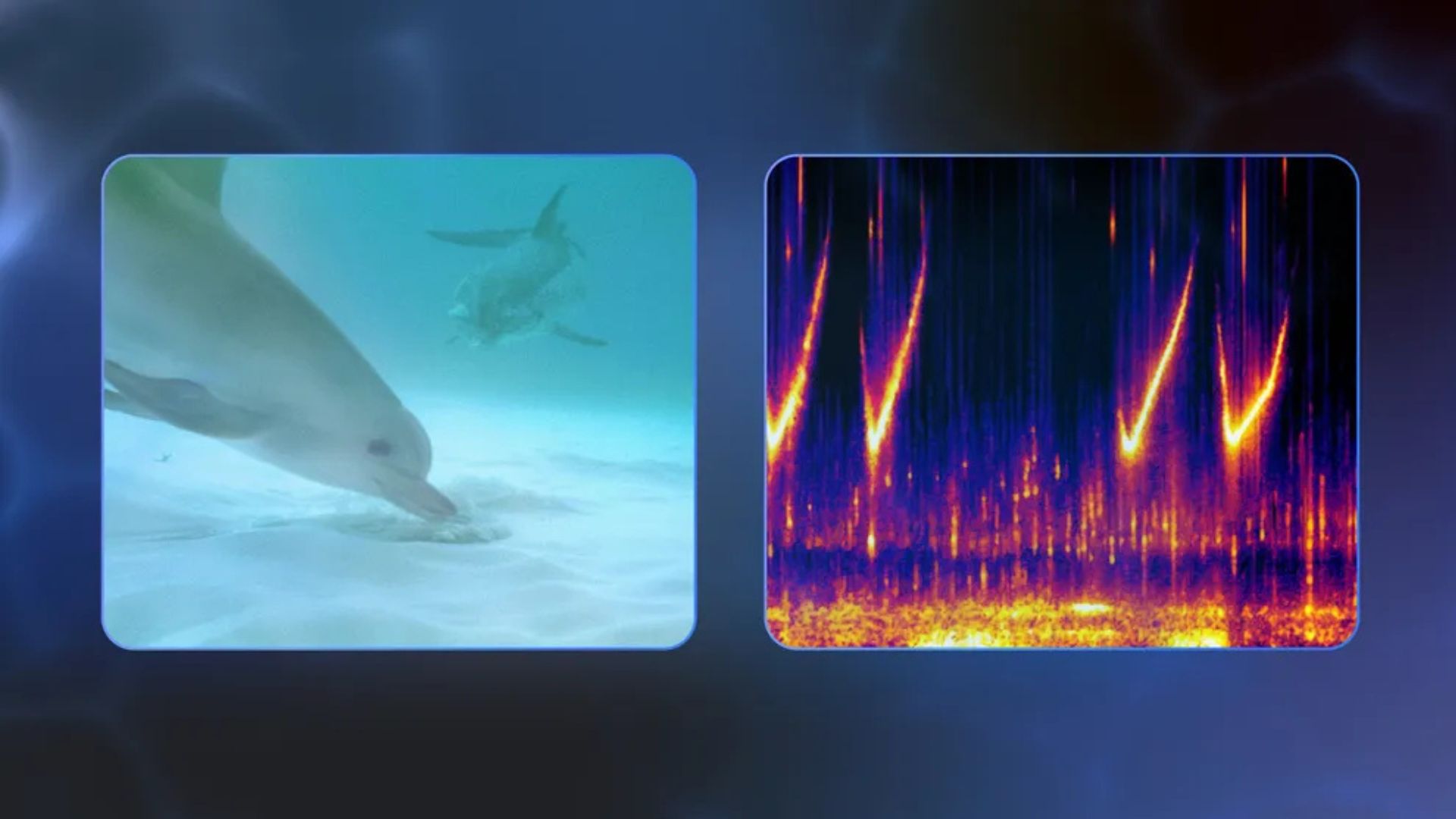Newton is the best email app, here's how its third owner will keep it alive long-term
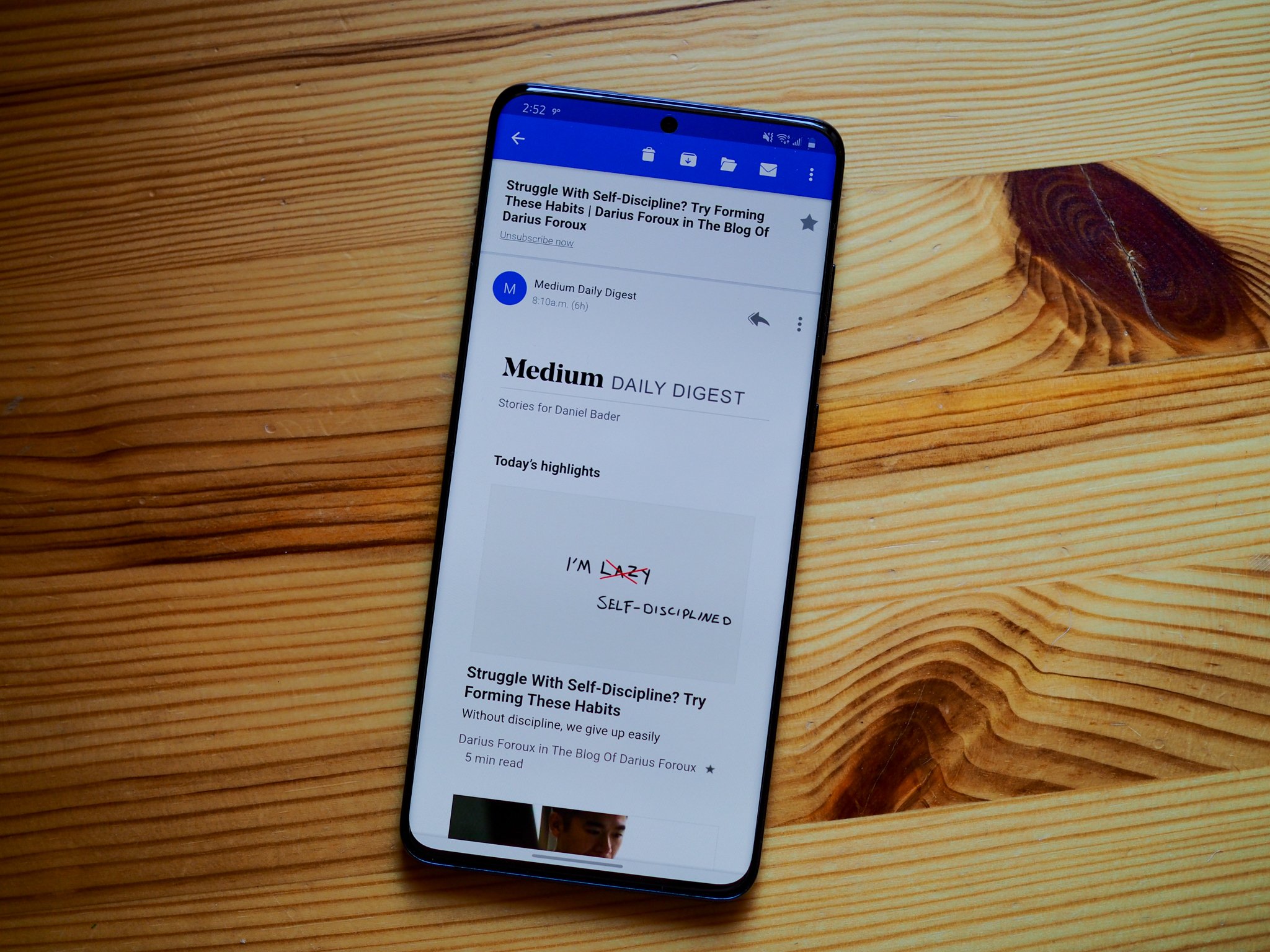
Fool me once, shame on you. Fool me twice, shame on me. Fool me three times — well, there isn't going to be a third time. At least that's what the new owners of Newton, née CloudMagic, promise.
Email has always been this weird obsession for me. I don't like email, not even a little bit,but this necessary evil in my life hasn't abated, even as Slack has become a ubiquitous window on my desktop and easily my most-used app on my phone. Slack was supposed to solve email, but it only did so between colleagues — I get more email from acquaintances, PR firms, and people wanting to sell me N95 masks than ever before.
Newton's speed and simplicity was its best asset — and still is.
When Newton launched in late 2016, replacing the much-loved (and free-to-use) mobile solution, CloudMagic, its newfound $50 per year price tag was met with an understandable grimace, and not a small amount of resentment towards the team who was, after a two-week free trial, forcing thousands of people to make a decision about paying up or backing out. Here's what the company said about the change back then:
For every email account added to CloudMagic, we incurred recurring server costs and that was something we were prepared to invest in as we built the service from ground up. So even though we dabbled with various payment models, we knew it was wrong to expect users to pay for a backend service that was invisible or for an app that was not feature complete.Today, we can proudly say that the CloudMagic backend is battle-tested and is one of the the most reliable emailing solutions out there. This makes it the perfect platform to build the power features on top of. Finally, the time has come for us to move to Step 2.Naturally, Newton is not a free product. It comes with a 14-day free trial, during which you can use Newton in its full glory, and if you like the experience, subscribe for $49.99 per year to continue using it.
Over the next couple of years, the company added features like the much-lauded Tidy Inbox and Recap, got rid of the Sent folder, launched a Windows version (a Mac version of CloudMagic was released in early 2016), improved the built-in calendar, and eventually reached a user base of 40,000 before throwing in the towel in late 2018. Here's what then-CEO, Rohit Nadhani, said at the time.
It was a tough business decision. We explored various business models but couldn't successfully figure out profitability & growth over the long term. It was hard; the market for premium consumer mail apps is not big enough, and it faces stiff competition from high quality free apps from Google, Microsoft, and Apple. We put up a hard and honest fight, but it was not enough to overcome the bundling & platform default advantages enjoyed by the large tech companies.
But the product was good. So good, in fact that, the app still worked beyond the day in late September it was supposed to be shut down. We'd learn later that Essential, the company behind the now-discontinued Essential Phone (and other unreleased products) bought the company and kept the core team in place to iterate on its cross-platform feature set.
As you know, however, Essential shut down in early 2020, taking Newton with it. Shortly after the announcement that the service would be cut off again at the end of April, we heard inklings that it would be saved — again.
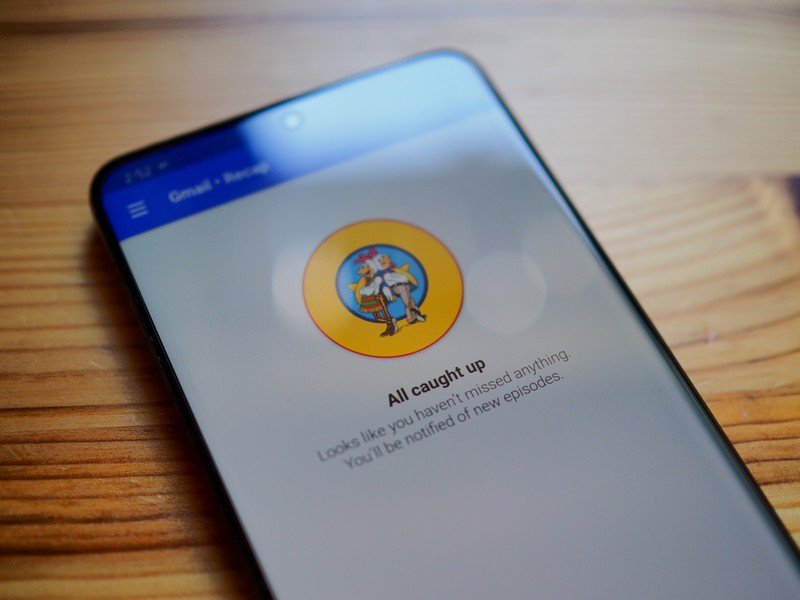
So now Newton and its IP have a third owner, the duo of Maitrik Kataria and Justin Mitchell, both of whom have separate jobs at other companies, but wanted to come together to save the email client they love.
Be an expert in 5 minutes
Get the latest news from Android Central, your trusted companion in the world of Android
I had a chance to speak with the new owners briefly before the launch this week, and they were as transparent about their motivations as possible.
The first thing I asked was why anyone who has used Newton in the past and was burned once or even twice should think about returning, especially since there are so many great alternatives on the market today.
"There's a ton of love still floating around for Newton but the previous owners just squandered it with silent comms and infrequent updates to the apps."
"The biggest thing that CloudMagic failed at was communication," Kataria told me over email. "They were entirely silent about fixes, new features, and barely interacted with the community. There's a ton of love still floating around for Newton but the previous owners just squandered it with silent comms and infrequent updates to the apps.
"We plan to really engage with the community, build around what they need, and be super transparent about where we are at with bugs and updates."
As for the business model, which has been criticized for lacking a free tier similar to competitors like Spark, Kataria told me that the small team behind New Newton want to stay focused on the paying customers they have, who tend to care more about the outcome.
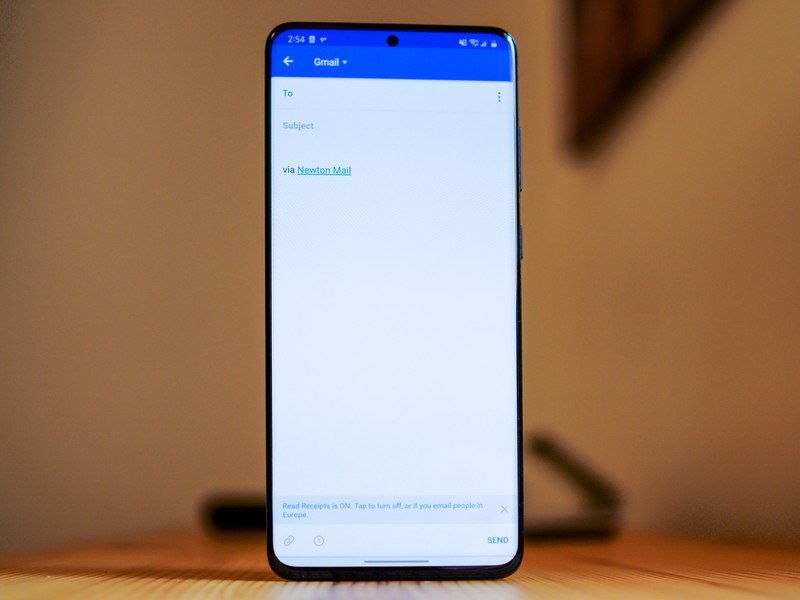
"We would rather have closely-knit community and support them than supporting thousands of free users and spread ourselves thin.
"Plus, Newton undercuts Spark, SuperHuman, and many of its competitors now in paid plans. We aren't venture-backed and the experience that Newton provides is far above any of the other email apps out there. We truly believe Newton is a premium emailing experience."
As for how the team plans to improve the service, Kataria gave little indication, instead focusing on how well the user experience, which hasn't changed much since Newton's launch in 2016, holds up today.
"What's crazy to us is how well the UI design has held up."
"What's crazy to us is how well the UI design has held up," he said. "It's still by far my favorite email app to look at. It's not too compact, but at the same time has a good level of skimability (sic) for all your emails.
"It's lightweight and simple while still packed with features. There's a lot of features we can add and magic we can create by connecting your calendar better with your email, but overall we hope to maintain the magic and usability of the interface for a long time.
It also has a "super small footprint on your machine ([unlike] Superhuman, [which takes up] gigs of space up), it's insanely fast and stable, and anywhere you log into your account, it just immediately works. We truly believe Newton is a premium emailing experience.
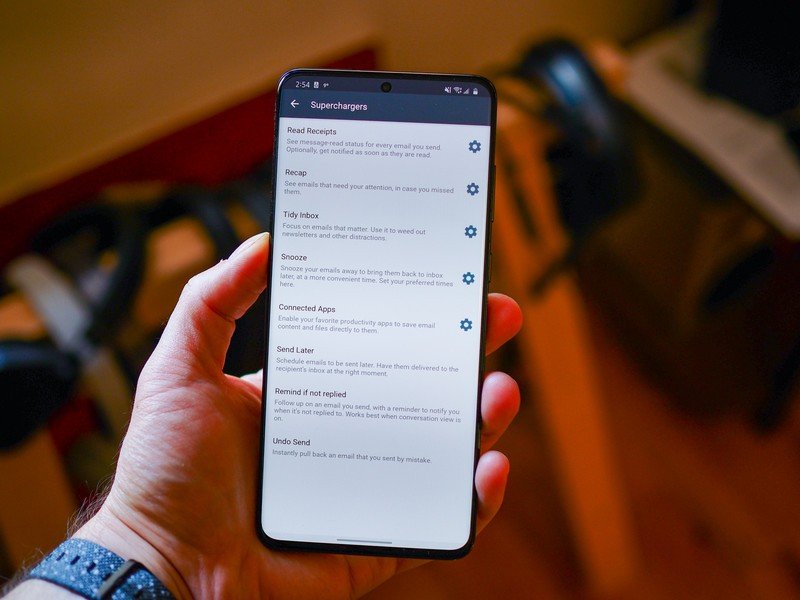
He's right in saying that premium email is having a moment. Companies like Spark, PolyMail and Spike are attempting to bridge the gap between traditional email and real-time chat for businesses, while others like Airmail and Edison are taking a direct-to-consumer approach, the former with a free tier and optional pro subscription, and the latter monetizing through anonymized data collection.
Of course, Newton isn't just competing against the upstarts trying to reinvent email; it's up against Google, Apple, and Microsoft, all of which have email clients that, if not the best, at least get the job done. And since Newton went dark for the first time in 2018, Microsoft's mobile Outlook email client has improved to become one of the best solutions out there. And they're free.
What New Newton has going for it, if you believe Kataria and Mitchell's blog post, is its narrow scope. The new owners clearly don't want to compete at the same scale as the original owners, nor use Newton to ... enhance the Essential Phone? I still have no idea why Essential bought Newton, to be honest.
I remember listening to a season of Startup, the original Gimlet podcast, that followed two entrepreneurs who were trying to get their matchmaking service, Dating Ring, off the ground. Like any tech startup, they had aspirations to get huge, ramp up user growth and investment, and potentially be acquired by a bigger company. By the end of the 10-episode season, though, the idea of "unicorn" had been replaced by something more realistic: lifestyle. Dating Ring would likely exist for years to come, but not as the next Tinder — rather, something considerably less ambitious.
Newton's new owners are proimising the same thing: taking the next six months or so to focus on the plumbing and increase subscription numbers and, once complete, start chipping away at new features like dark mode and new Superchargers.
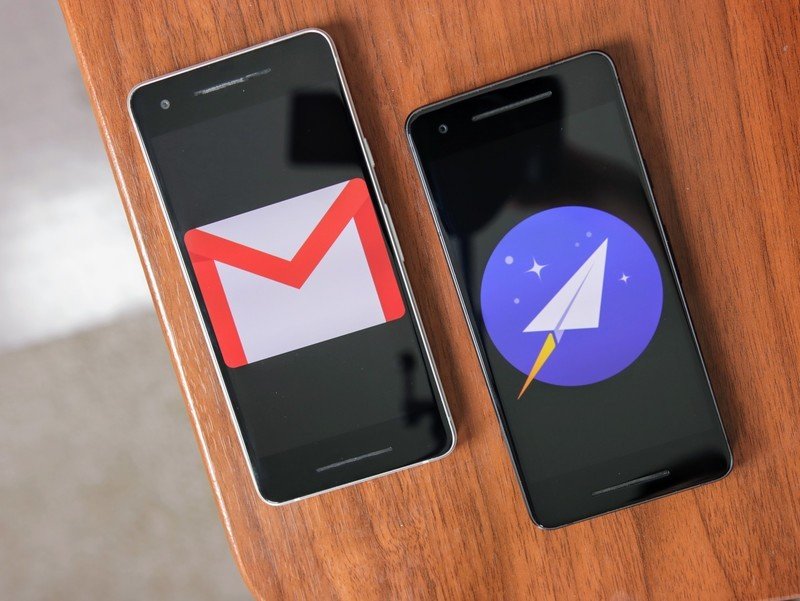
The reality is that there aren't a lot of apps I care enough about to spend the time digging into like this. I don't know why I love Newton as much as I do, but I just felt better about email when using it. I trusted it, its filters, its UI, its updates, in ways I never quite have with another email client. I felt genuinely sad when it disappeared back in 2018 and resisted returning when it ostensibly returned a few months later.
Now I'm a bit more confident that it's going to stay put, but it doesn't change the reality that charging consumers $50 per year is going to engender the same degree of pushback today as it did back in 2016. People may be more willing to spend money on subscriptions, but that's also coincided with subscription fatigue. Launching during a pandemic, when people are off work and trying to cut back on monthly expenses, makes the challenge even more acute.
But Kataria and Mitchell know this. And I think because they're Newton users first, this is a passion project that won't abate.

Newton
Newton is back, and it's ready for the long haul. It's a cross-platform email solution that started its life as CloudMagic back in 2013. Now it has clients for iOS, Android, Windows, and Mac.
Daniel Bader was a former Android Central Editor-in-Chief and Executive Editor for iMore and Windows Central.

